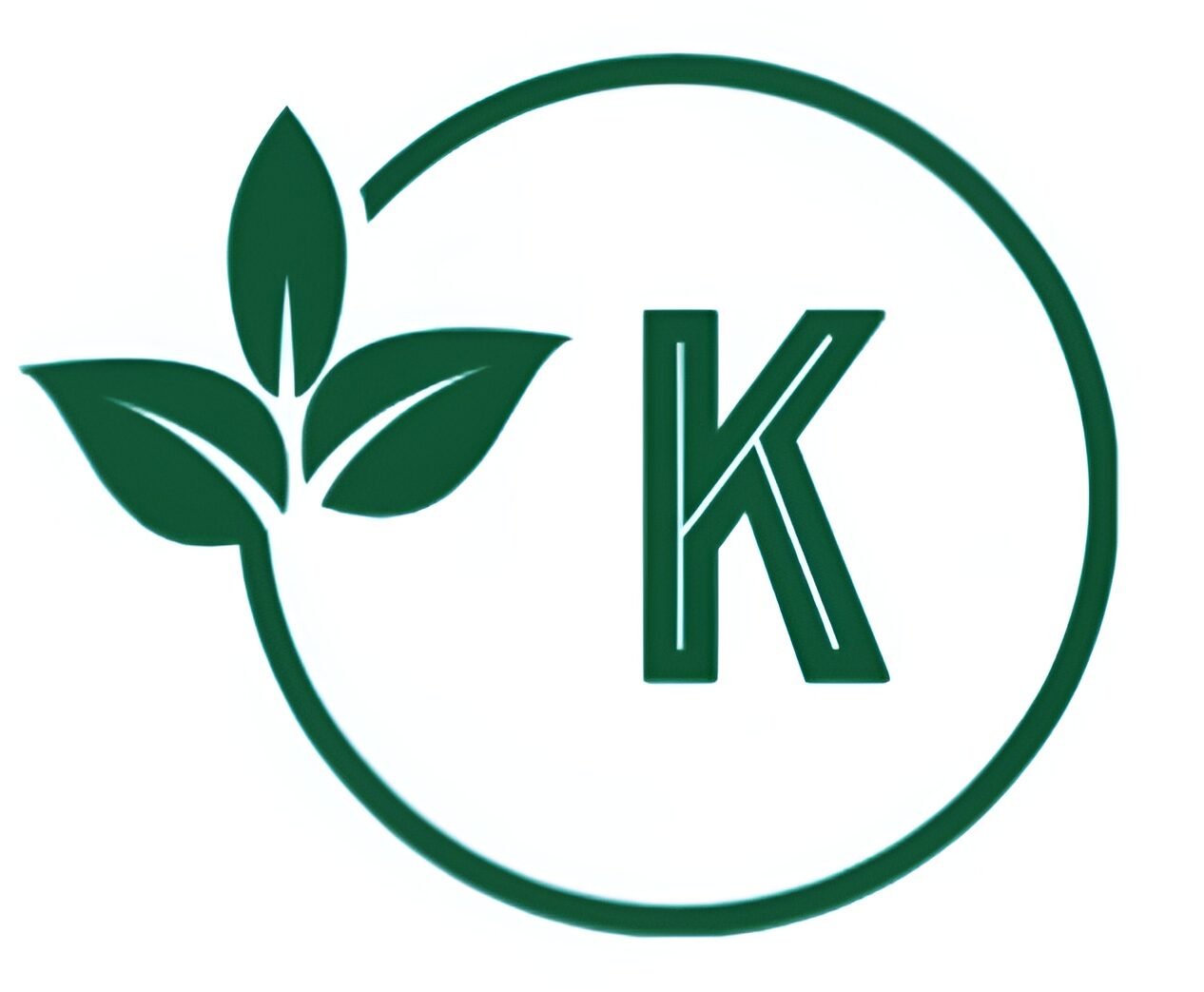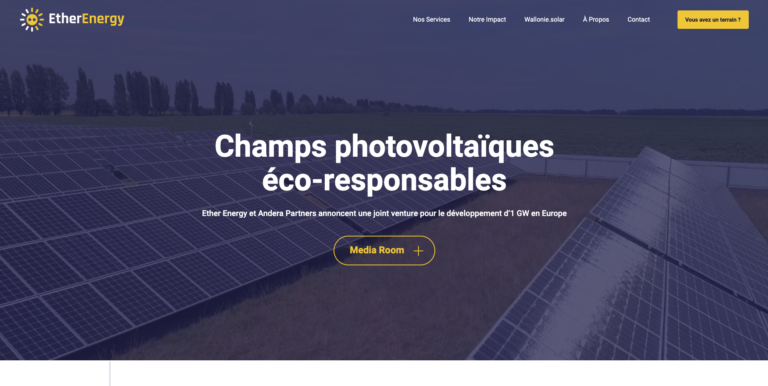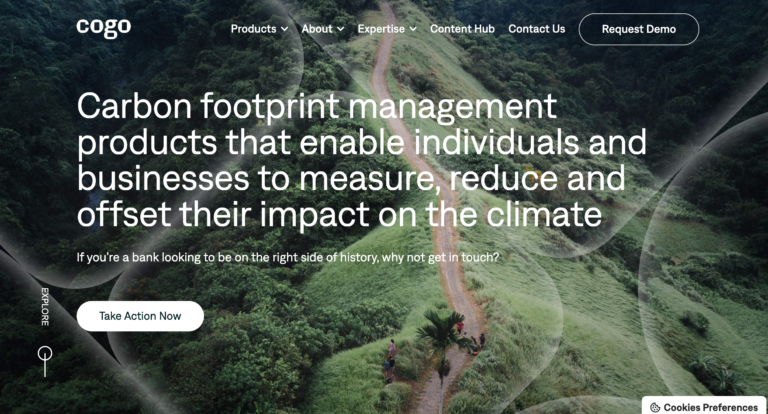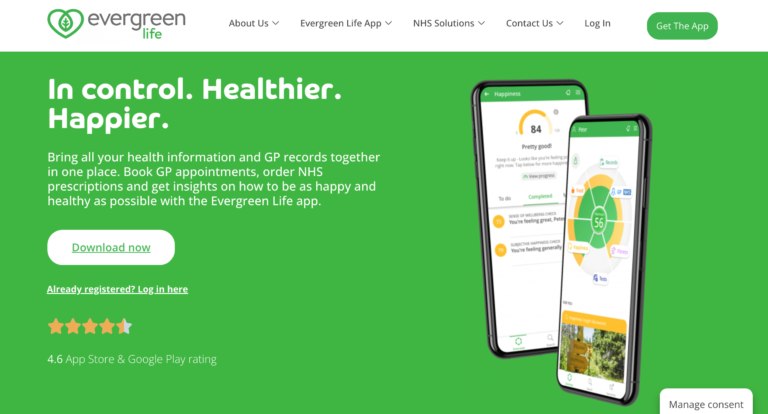

In September 2015, 193 countries reached an international agreement to eradicate poverty, protect the planet and ensure prosperity for all people as part of a new sustainable development agenda articulated around 17 goals and 169 targets.
15 years to undertake deep transitions to face the great challenges of humanity, to achieve fairer and more sustainable societies in which human rights are guaranteed for all people.
A path traced by the 2030 Agenda for Sustainable Development, that should lead us towards a future based on the protection of our planet and the guarantee of a decent life for all people, ensuring that no one is left behind.
The situation generated by COVID-19 has called into question the current social and economic model and has shown our vulnerability as individuals and as a group. It is undeniable that the global pandemic has exposed a good part of the consequences derived from the way in which the world has been organized politically and economically, with an unfair and unsustainable distribution of resources and power that generates important social and ecological fractures.
Scientific evidence shows that risk of appearance and spread of infectious diseases increases as nature is destroyed, knowing we are currently experiencing an unprecedented crisis of biodiversity loss.
There are also other factors such as climate change that deteriorates ecosystems and make them less resilient.
Eco-dependence relationships should lead us to become aware of the limited nature of the biosphere. There are nine planetary boundaries in biophysical processes that are essential to guarantee the continuity of natural processes.
These limits are
- climate change,
- rate of extinction of biodiversity,
- nitrogen and phosphorus cycles,
- depletion of stratospheric ozone,
- acidification of the oceans,
- use of fresh water,
- changes in use of soil,
- atmospheric contamination by aerosols and
- chemical contamination.
The 2030 Agenda addresses the deep relationship that exists between the economic, social and environmental aspects and between the local, national and global reality.
Along with this, it is undeniably committed to a concept of sustainability intrinsically linked to the social sphere, in such a way that it understands that the future of our world will only be sustainable if a decent life is also guaranteed for all people without leaving anyone behind.
It is, therefore, a direct challenge to the transformation of socioeconomic models, and to the protection of people and nature.
To make the 2030 Agenda a reality, governments must implement ambitious, coherent and courageous policies that address the guarantee of human rights, gender equality, social justice and care, as well as the fight against the climate and ecological emergency .
People have now a unique opportunity as a society to guarantee the well-being of all people, assuming our global responsibility with future generations, and moving towards a more inclusive, fair and sustainable development model.
The year 2020 was also the beginning of a Decade of Action to achieve the Sustainable Development Goals, ten years to accelerate efforts and promote sustainable solutions that end poverty and inequality, make gender equality a reality and effectively combat climate change.
Within its framework, the United Nations calls on all of us to mobilize our efforts to transform policies, institutions and practices by promoting aligned and supportive global and local solutions that leave no one behind.
Climate change and the biodiversity loss crisis are among the main challenges that will have catastrophic and irreversible effects on ecosystems, affecting the livelihoods of millions of people, causing more poverty and inequality, as well as population displacements without precedent in history, increasing territorial inequalities and the gap between urban and rural.
Despite some progress, the United Nations warned in its 2019 Report that the results of global progress were not sufficient. 7 years have passed and we cannot wait any longer.

Based on these premises, the United Nations continues its focus on the promotion of the three dimensions of sustainable development (social, environmental and economic), with the following goals :
- GOAL 1: No Poverty
- GOAL 2: Zero Hunger
- GOAL 3: Good Health and Well-being
- GOAL 4: Quality Education
- GOAL 5: Gender Equality
- GOAL 6: Clean Water and Sanitation
- GOAL 7: Affordable and Clean Energy
- GOAL 8: Decent Work and Economic Growth
- GOAL 9: Industry, Innovation and Infrastructure
- GOAL 10: Reduced Inequality
- GOAL 11: Sustainable Cities and Communities
- GOAL 12: Responsible Consumption and Production
- GOAL 13: Climate Action
- GOAL 14: Life Below Water
- GOAL 15: Life on Land
- GOAL 16: Peace and Justice Strong Institutions
- GOAL 17: Partnerships to achieve the Goal
Let me now ask you this.
What are you most curious about ?
- Solutions addressing mobility?
- Solutions helping you manage your finance with sense?
- Top communities creating real bound by sharing sustainable values?
- …





